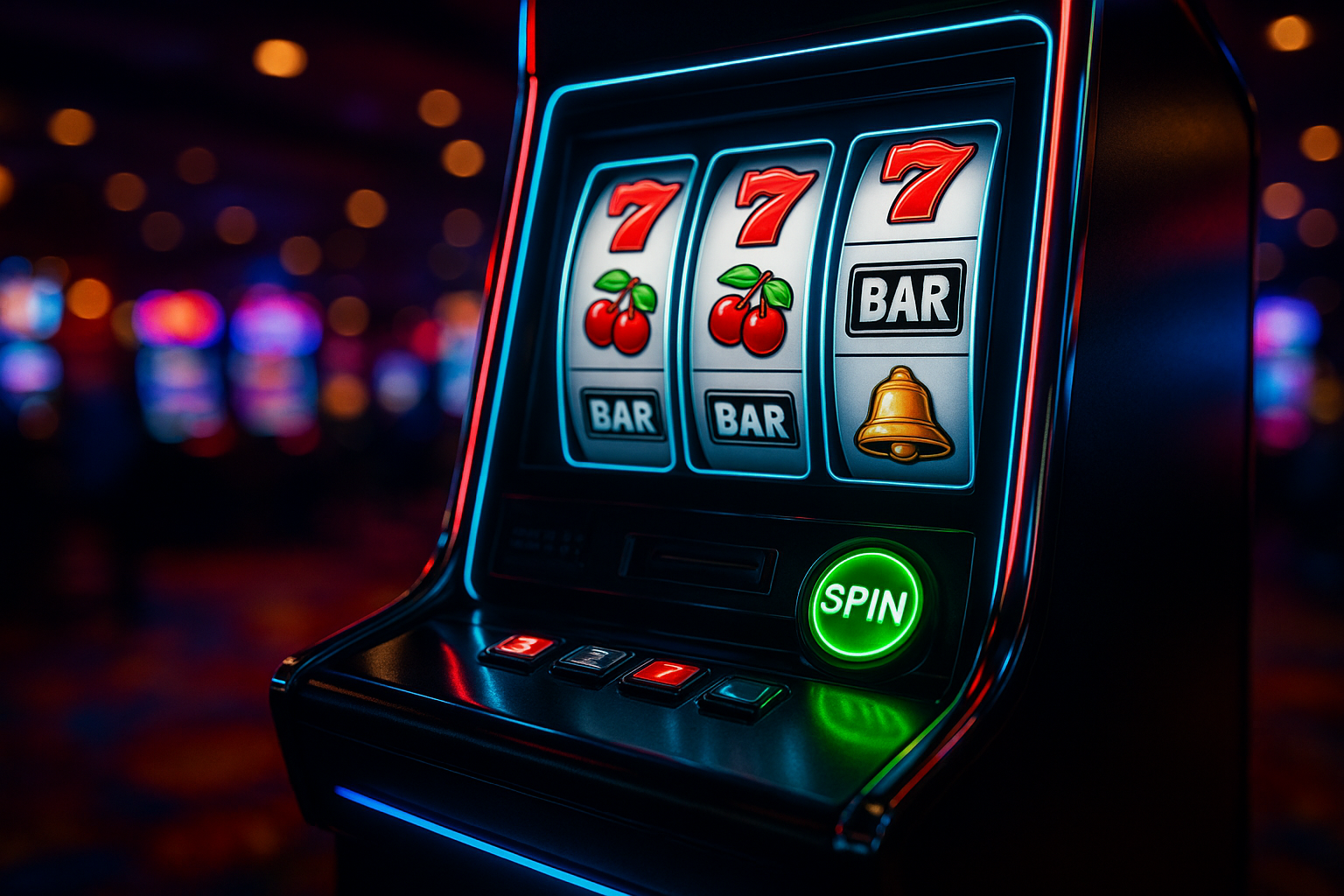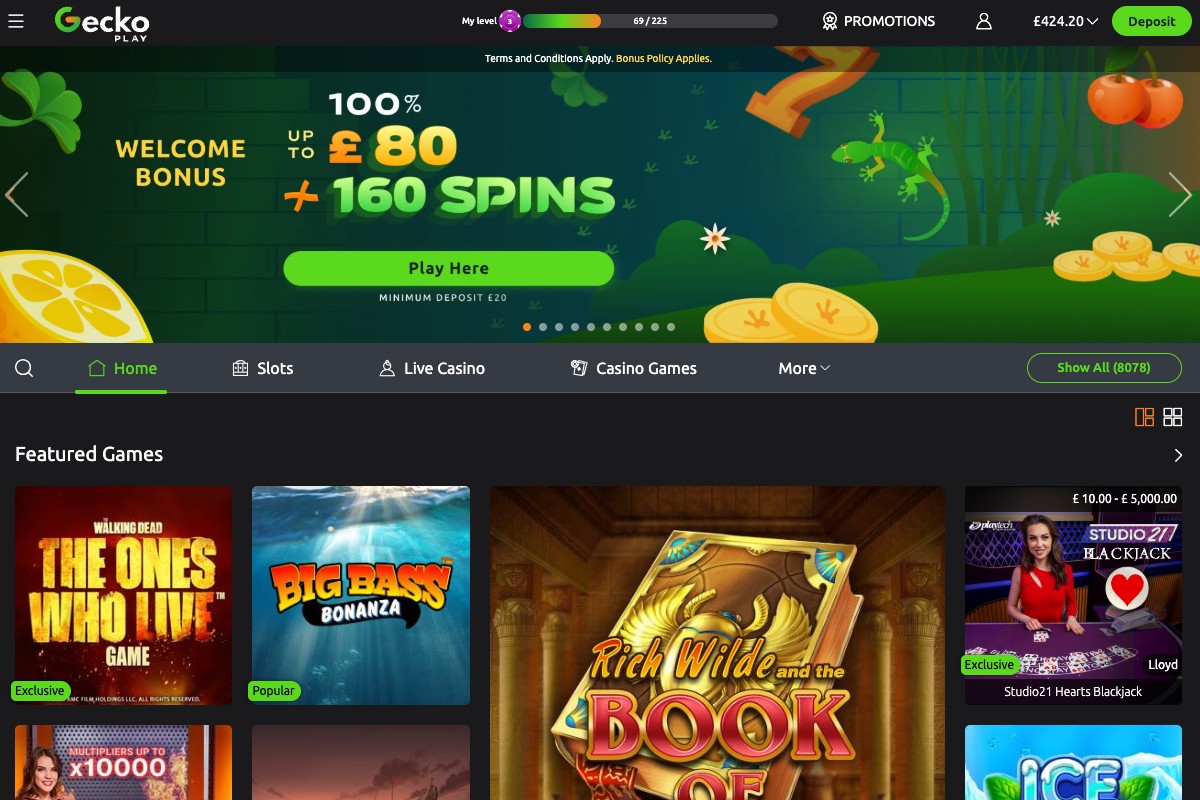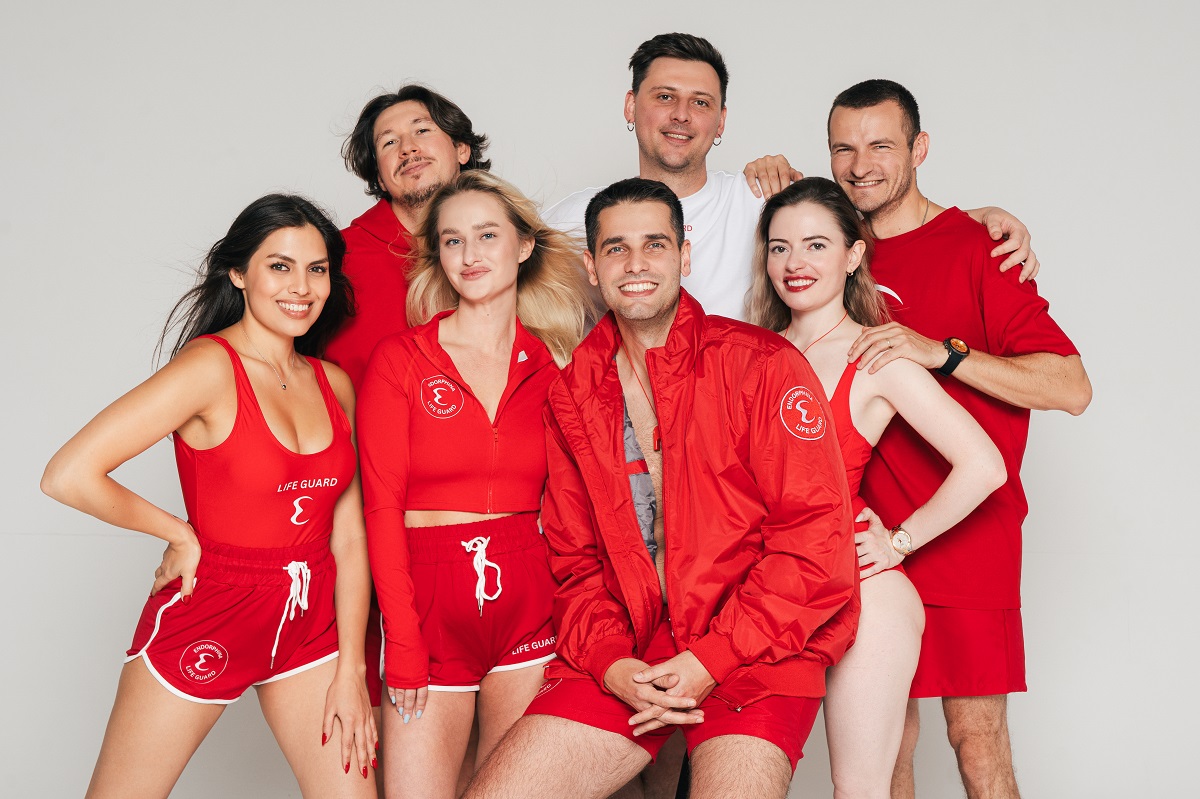eSports
Do Esports require Olympics entry?
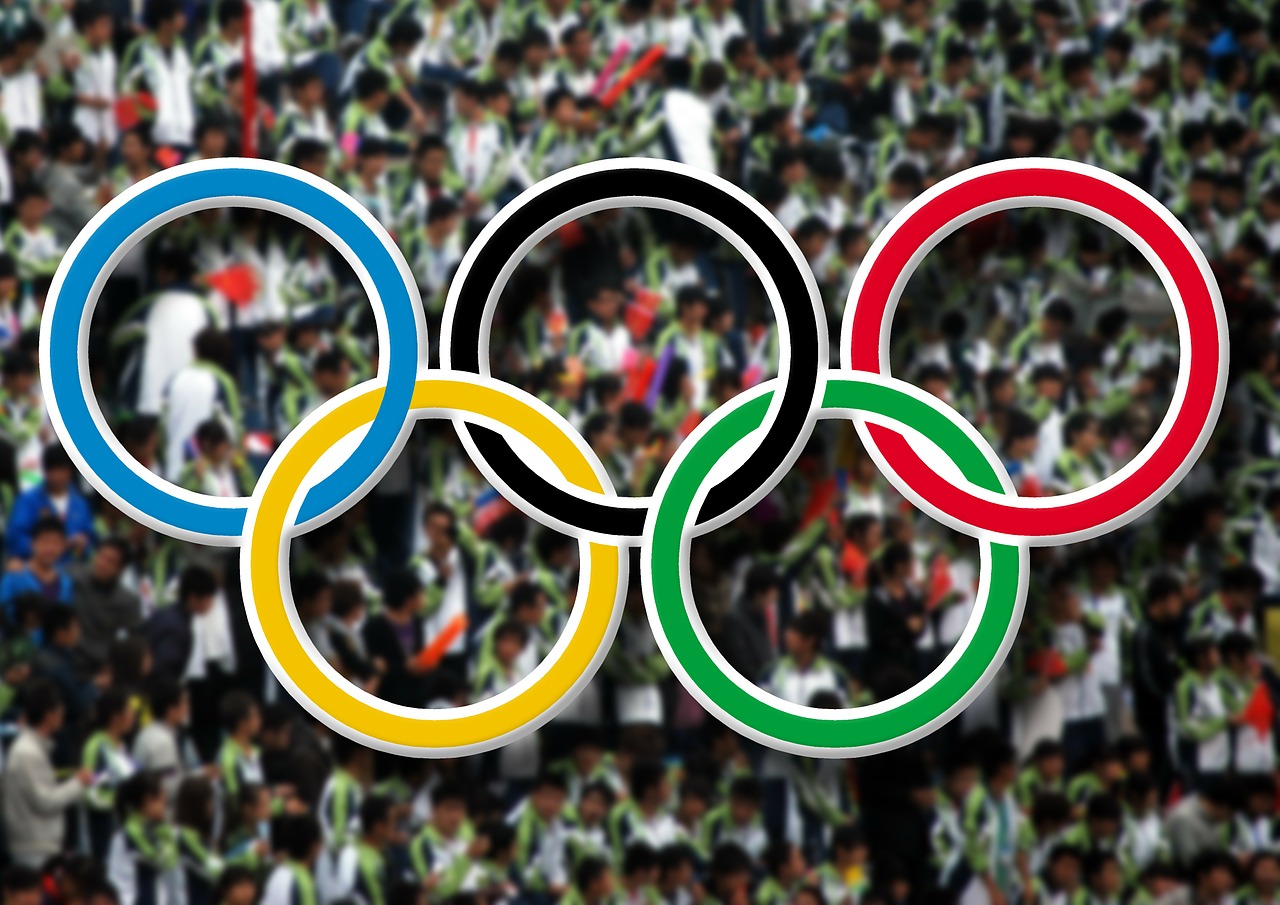
A number of people, many of the Esports aficionados, think that the final frontier in the journey for legitimisation of Esports is the entry into Olympics. There are already talks with the International Olympic Committee. There have been some positive news that Esports will make its entry as a non-competitive item in the Asian Games and Olympics in the near future.
But do Esports require Olympics participation for achieving public recognition? No should be the answer.
Take the case of table tennis, now an Olympics-recognised sports item. It made its Olympic debut in 1988. The game’s organisers had spent 57 years pushing for its inclusion. But what may surprise you is that a major roadblock was internal from the International Table Tennis Federation (ITTF), not external from the International Olympic Committee (IOC). There had always been disagreement as to whether inclusion in the Olympics as an event would benefit the sport.
Former ITTF chairman Ivor Montagu represented the anti-Olympic view, saying, “I am opposed to the inclusion of table tennis in the Olympic Games,” adding among his reasons, “Table tennis does not need the Olympics. For us, they are a duplication.”
It is an interesting history, considering table tennis has been compared to esports in Olympic contexts. That comparison is not always apt, except in a clear way: For esports, inclusion in the Olympics would be an unnecessary and harmful duplication.
There are some esports that slide into an Olympic setting extremely well. At Unikrn, we work closely with NBA 2K League teams, which launched its inaugural season this year and largely targets young sports fans as an audience. There’s a natural synergy between NBA 2K play and traditional sports.
But NBA 2K is not a major esport like Counter-Strike: Global Offensive and others; it’s a new, growing franchise and has an unusual connection with traditional sports audiences. The NBA 2K League is largely a funnel to interest more gamers in watching real basketball.
Hearthstone and other trading card games are potentially strong fits as well, especially given their potential to have individual competitors instead of national teams.
Most esports do not fit the Olympic mold. Every non-showcase event in the Olympics has had a major physical component to competition – some less so than others – but the less physically demanding an event, the more cultural history it has. Archery, riflery, and equestrian sports are all preserving skills that have deeply entrenched historical value and are showcased through the legacy of the Olympic games.
The Olympics have become an act of preservation, and esports are an act of disruption. We are the future, not the past.
Source: venturebeat.com / Rahul Sood
-

 Africa6 days ago
Africa6 days agoGhana’s NLA Introduces New Sticker to Clamp Down on Illegal Lotto Operators
-

 Asia6 days ago
Asia6 days agoPAGCOR: Online Gaming fuels nation-building, but illegal sites pose risks
-
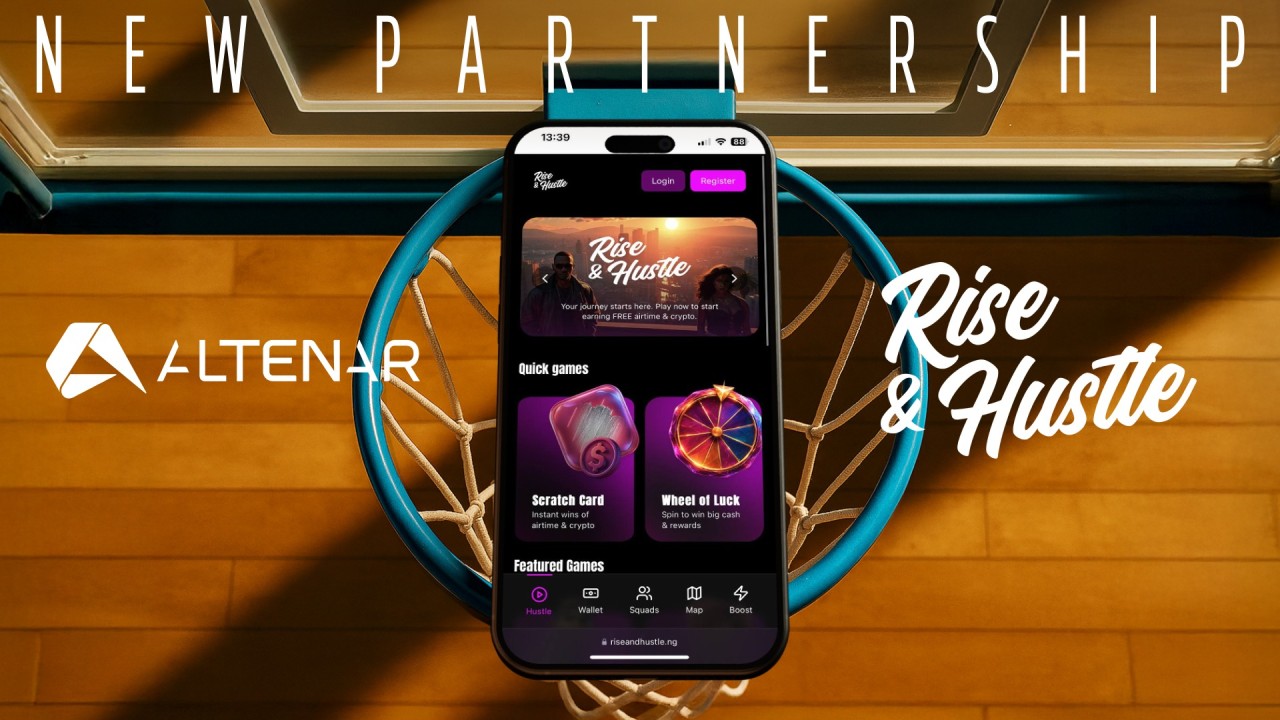
 Africa6 days ago
Africa6 days agoRise & Hustle partners with Altenar to power its new sportsbook offering
-

 Eastern Europe6 days ago
Eastern Europe6 days agoDigitain Strengthens Romanian Market Presence Through KingCasino Partnership
-

 Central Europe6 days ago
Central Europe6 days agoCT Interactive Announces Strategic Partnership with Ecasino
-

 Latest News6 days ago
Latest News6 days agoCasino Playa de las Américas Implements JCM’s ICB Technology
-
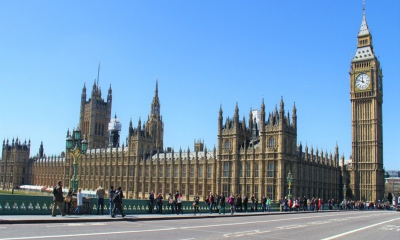
 Compliance Updates6 days ago
Compliance Updates6 days agoElizabeth Varley, solicitor at licensing law firm Poppleston Allen, shares a handy refresher on the UK’s statutory levy, including the who, how much, why and how to pay
-

 Conference6 days ago
Conference6 days agoBetConstruct to Participate in SBC Summit Lisbon 2025










